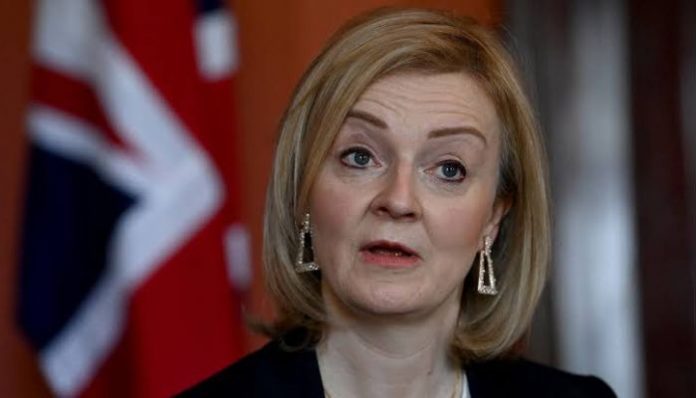After 44 days as prime minister, the majority of which was spent clinging on for her political life, Liz Truss announced her resignation earlier today. Now she is the shortest-serving occupant of Downing Street in 300 years of British history.
A disastrous series of self-inflicted wounds which turned into a political death spiral began with a misfired attempt by the Conservative Party leader to radically reorient the government’s economic agenda by slashing taxes without saying how the decision would be paid for. It sent the markets reeling, and Truss never recovered.
She said in a statement outside 10 Downing Street, “We set out a vision for a low-tax, high-growth economy that would take advantage of the freedoms of Brexit.”
“I recognize though, given the situation, I cannot deliver the mandate on which I was elected by the Conservative Party. I have therefore spoken to His Majesty the King to announce that I am resigning as leader of the Conservative Party.”
The party is now due to complete a leadership election within the next week, much faster than this summer’s two-month period. Graham Brady, the Conservative politician who is in charge of leadership votes and reshuffles, told reporters he was now looking at how the vote could include Conservative MPs and the wider party members.
Truss’ resignation came after a meeting with Brady, who chairs the 1922 Committee — the group of Conservative MPs without ministerial positions who can submit letters of no confidence in the prime minister. Just before the meeting, a Downing Street spokesperson told reporters Truss wanted to stay in office.
During the hour the meeting lasted, the number of Conservative MPs publicly calling for Truss to step down reached 17. The number who had written letters to Brady expressing no confidence in the prime minister was reported to be more than 100 by Thursday.
The pound was up 0.6% on the day against the dollar at 5:00 p.m., trading at $1.128. It remains at the level it was on Sept. 22, before Truss’ market-moving budget. Gilt yields initially fell but were later flat on the day.
(CNBC)



